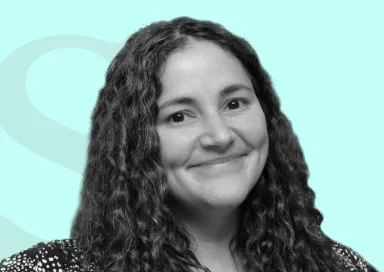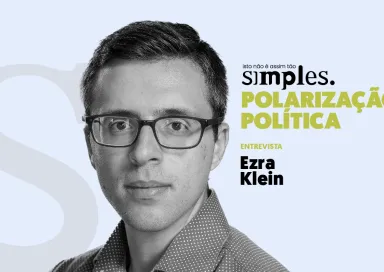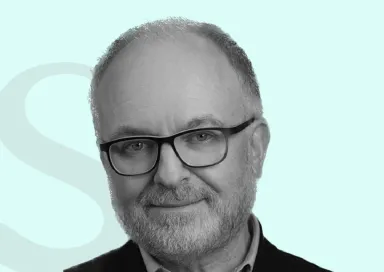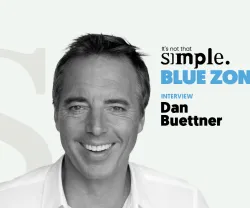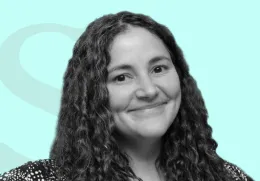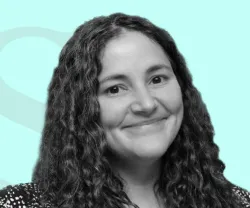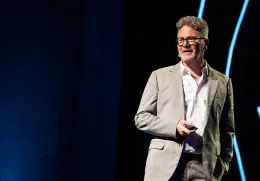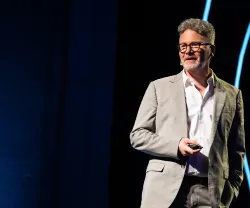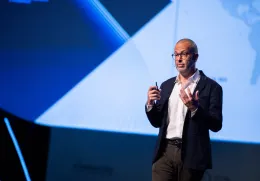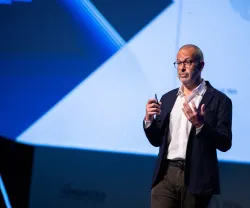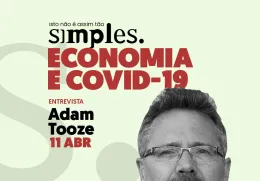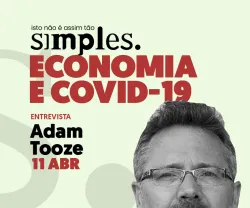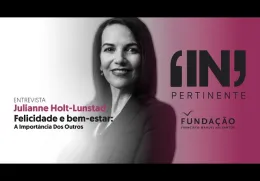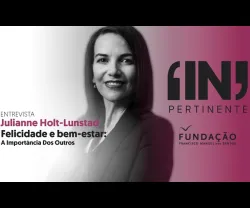Food is the path to a healthy body, but is it also essential for a healthy mind? Can the Mediterranean diet help combat anxiety, depression or difficulty in concentrating?
Nutritional psychiatrist Uma Naidoo explains that, in addition to the negative impact of poor diet on diseases that are aggravated worsened by poor diet - such as diabetes or hypertension - what we put on our plates also impacts our mental health.
According to the founder and director of the first and only Nutritional and Metabolic Psychiatry Service in a US hospital, «people don't associate food with mental and emotional well-being». However, in this interview, she shows how important it is to address this gap.
As the brain and the gut «originate from the same cells in the human embryo», understanding the relationship between these two organs is essential to explaining how what we eat affects emotional well-being.
Naidoo claims that bad moods, anxiety and low energy can also sometimes be related to «the level of sugar ingested».
It has been proven, for example, that «sugar feeds bad microbes in the gut» and stimulates inflammatory processes and the proliferation of toxic substances in the body. Furthermore, Naidoo argues, «studies using magnetic resonance imaging have shown that a diet high in sugar also damages brain cells».
Uma Naidoo also points out that recent studies have found a link between the type of microbes present in the gut (the intestinal microbiota) and the development of diseases such as autism. «I'm excited to delve deeper into this topic because the more we know, the more we can help people eat healthily from an early age», she stresses.
In a world where ultra-processed foods are cheap and easily accessible, the author of «This Is Your Brain on Food» makes the case for a «clean» diet, which includes a wide variety of vegetables and beans, always tailored to the specific requirements of each caser. She also reminds us that healthy food by no means has to be bland.
Harvard Nutrition Expert: «These Foods FUEL Anxiety | Dr. Uma Naidoo x Rich Roll Podcast»
«Ten Percent Happier» podcast interview
«Food And Mood» Imperfectly Perfect podcast interview
Uma Naidoo's official website
52

Big issues, big names in a new programme dedicated to interviews with international personalities from the world of politics, economics and society. These conversations with special guests, conducted by journalist Pedro Pinto, aim to simplify and help demystify some of today's most important issues. Every month, on the Foundation's website.


